|
"I'm not a tourist, I'm a traveler!" I've heard this countless times during my travels. If I'm being honest, I've probably said it myself at some point.
But with age comes wisdom. I've changed my tune. I am perfectly happy to be a shameless tourist. Here's why. 1. Let's be real: "travelers" are tourists, too. Are you visiting someplace for pleasure? Then, by definition, you are a tourist. Deny it all you want... but we all know the truth. Plus, I mean, come on. Aside from spending patterns, how are you not a tourist? Do you secretly try to snap photos of local children? Go out of your way to see sunsets and waterfalls? Visit landmarks, museums, and historical sites? Then you are a tourist. Yes, even if you don't deign to buy a guidebook. Even if you're traveling on a budget. Even if you stayed at a homestay. Even if you're on a motorcycle/yacht/road bike/Eurail pass. Even if you hitchhike instead of ordering Grabs, GoJeks, Lyfts or Ubers. Even if you're on a voyage of self-discovery. Even if you're in a spot so infrequently visited and remote that locals ask to take photos with you, instead of the other way around. 2. Often, what people mean by "traveler, not a tourist," is that they're staying for, like, ever, but not spending any money. I try not to travel shame, because doing so obviously makes you SUPER lame. As I wrote in a previous post on the topic: By insisting that your way is the "right" way, you've revealed your total lack of empathy or insight, your inability to walk in someone else's shoes. And your inability to connect with people and places in any way but one. If you really can't take another perspective, you might not be as "good" of a traveler as you think. Read more >
The obvious exception to this rule is when you see a badly-behaved tourist. If they're harassing turtles, damaging the coral reef, polluting, or otherwise being a horrible person, shame the hell out of them. They deserve it.
THAT SAID. Sometimes, when I meet someone who's been in Mexico for, like, eight months, but hasn't bothered to visit a single national park or archeological ruin, go scuba diving (or even rent a mask and snorkel), surf a legendary point break, or visit any of the famous cultural centers... I kind of wonder what they have been doing. Don't get me wrong. I've loved watching and participating in local customs since at least as far back as when I read Watching the English: The Hidden Rules of English Behavior. (Which you should read, even -- or especially -- if you're English). But at some point... don't you get tired of watching people and drinking cheap beer? Aren't you curious what's going on under the water? Don't you want to see what it's like on top of that mountain? A long time ago, I decided that I would rather travel for fewer days, if traveling for fewer days helped me afford to do more while abroad. Of course, it's always a balancing act. I'm way less likely to go, say, parasailing, on a 3-month trip than a 9-day one, like my recent diving adventure in Roatan. But even my most educational, authentic, and enriching experiences wouldn't have happened without spending a little cash. I wouldn't trade my slowboat cruise down the Mekong River for a couple of extra days bumming around or people watching or whatever in Luang Prabang, Laos.
Want to know more? Check out 8 Reasons to Spend MORE, Not LESS, Money.
And, on the topic of sitting around drinking cheap beer, check out Why White People Are Expats, And "Everyone Else Is An Immigrant." And! Since I feel like the lots of "travelers" seem to share a certain delusion, might I also recommend If You Think Kids Who Live on Dirt Floors "Have Everything They Need" and "Are Happier Than Kids in the US," You SERIOUSLY Need to Check Your Privilege. 3. The ability to enjoy your vacation as a tourist shows acceptance and willingness. Do you find yourself unable to enjoy a foreign destination if there are other English-speaking white people in sight? Do you avoid attractions that are known to draw lots of Chinese tourists? Then you may need to work on your acceptance and willingness, two super important cognitive and emotional skills that will keep you happy no matter where in the world you are. I'm not sure I mean these words exactly in the clinical sense, since that's not my area of psychology. But I'm pretty sure I mean it in a similar way. Are you someone who can manage your expectations and be delighted, no matter how the reality compares to the imagination -- or, worse, to the images you saw on Instagram? Or are you going to be disappointed when you arrive at one of the world's most beautiful, most frequently-visited monuments or historical sites... and find it hard to take photos without other tourists in them? Yes, it's fun to get off the beaten path, and there are definitely ways to do that. For me, this often involves a bike. You can either do it on your own:
Or, if you want access to people's homes and factories, and information about the local wildlife, you can "be a tourist" and hire a guide. I've had some incredible experiences in Southeast Asia through Grasshopper Adventures.
But... at the same time, I'm also able to enjoy experiences like swimming with whale sharks in Oslob, Cebu, the Philippines, even though it's "crowded" and "touristy." Or even just silly roadside attractions, like going into a "very amazing" cave on a tube -- just me, a Canadian I met in a bus (which, apparently, drove along a road that had recently been plagued by stray bullets flying in through windows)... and 70 Chinese tourists. I mean... if the Chocolate Hills and the tarsiers in Bohol can't take your breath away... I don't know what will. None of these destinations were perfect. No destination ever will be. Your ability to enjoy them will ultimately come down to your ability to accept things as they are. Want to know more? Check out Radical Acceptance: Embracing Your Life With the Heart of a Buddha, by Tara Brach. 4. Tourists are silly. Related to willingness and acceptance... is silliness. "Travelers" have a tendency to take themselves very seriously. Tourists have a tendency to say, "Okay! Sure! Yes!" They have a tendency to giggle and make too much noise. They have a tendency to be absolutely delighted by things "travelers" have seen before, and are too jaded to appreciate. Like, people love to hate on Chinese tourists. Say what you will (which, according to Vice, may include that they "flout traffic laws," "are loud, even in five-star hotels," "litter, spit, and queue jump,") but, for me, what stands out most about them is their willingness to be silly, and the way they're completely unashamed of becoming ecstatic over something as simple as seeing a deer or going boogie boarding. So if you want to maximize the fun and joy you experience as you explore this amazing world, one valuable piece of advice is, "Channel your inner Chinese tourist." And don't forget to pamper yourself a little.
From: The Happy Talent on Facebook.
*** Travelers: what's your favorite thing about being a tourist? Tourists: what's your favorite thing about being a traveler?
0 Comments
Leave a Reply. |
About the Author

Eva is a content specialist with a passion for play, travel... and a little bit of girl power. Read more >
Want to support The Happy Talent? CLICK HERE!
Or Find me on Patreon!
What's Popular on The Happy Talent:
Trending in Dating and Relationships:
What's Popular in Science: Playfulness and Leisure Skills:
Popular in Psychology and Social Skills:
Categories
All
|
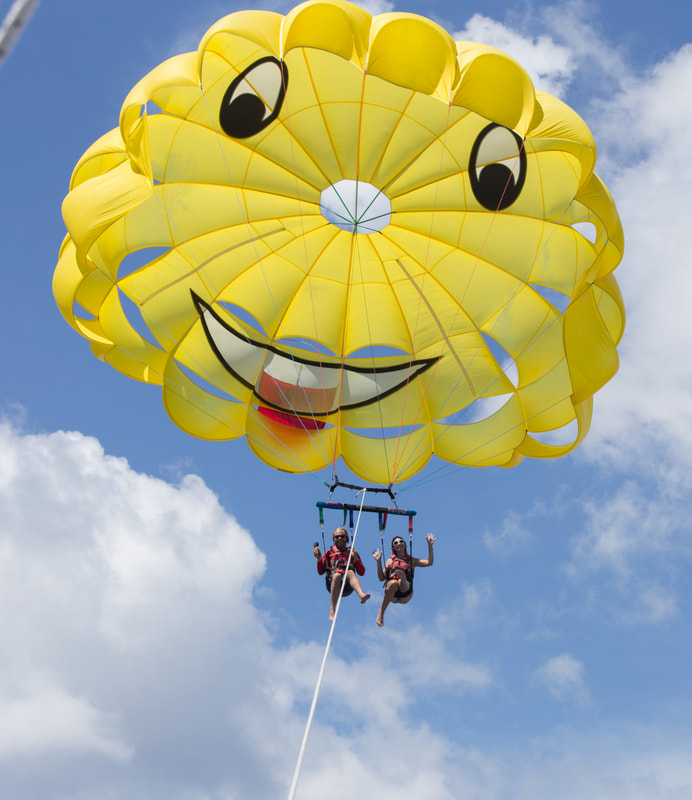
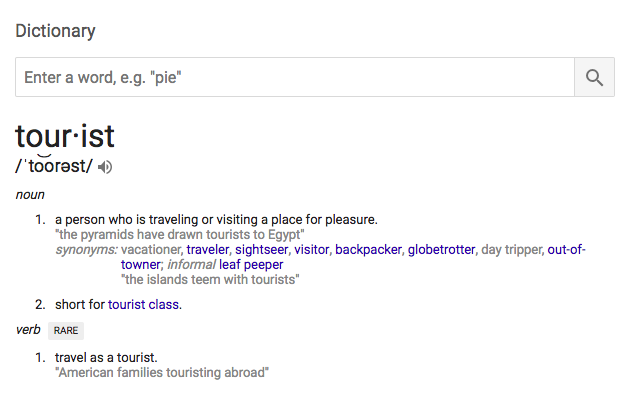
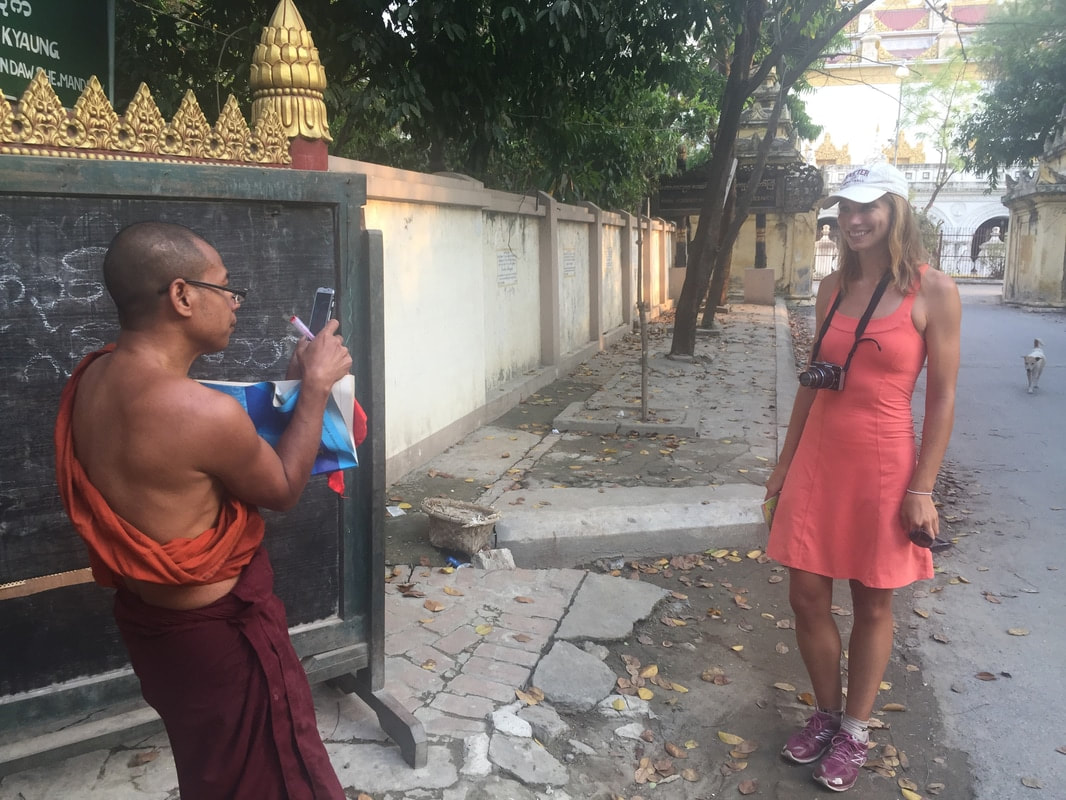
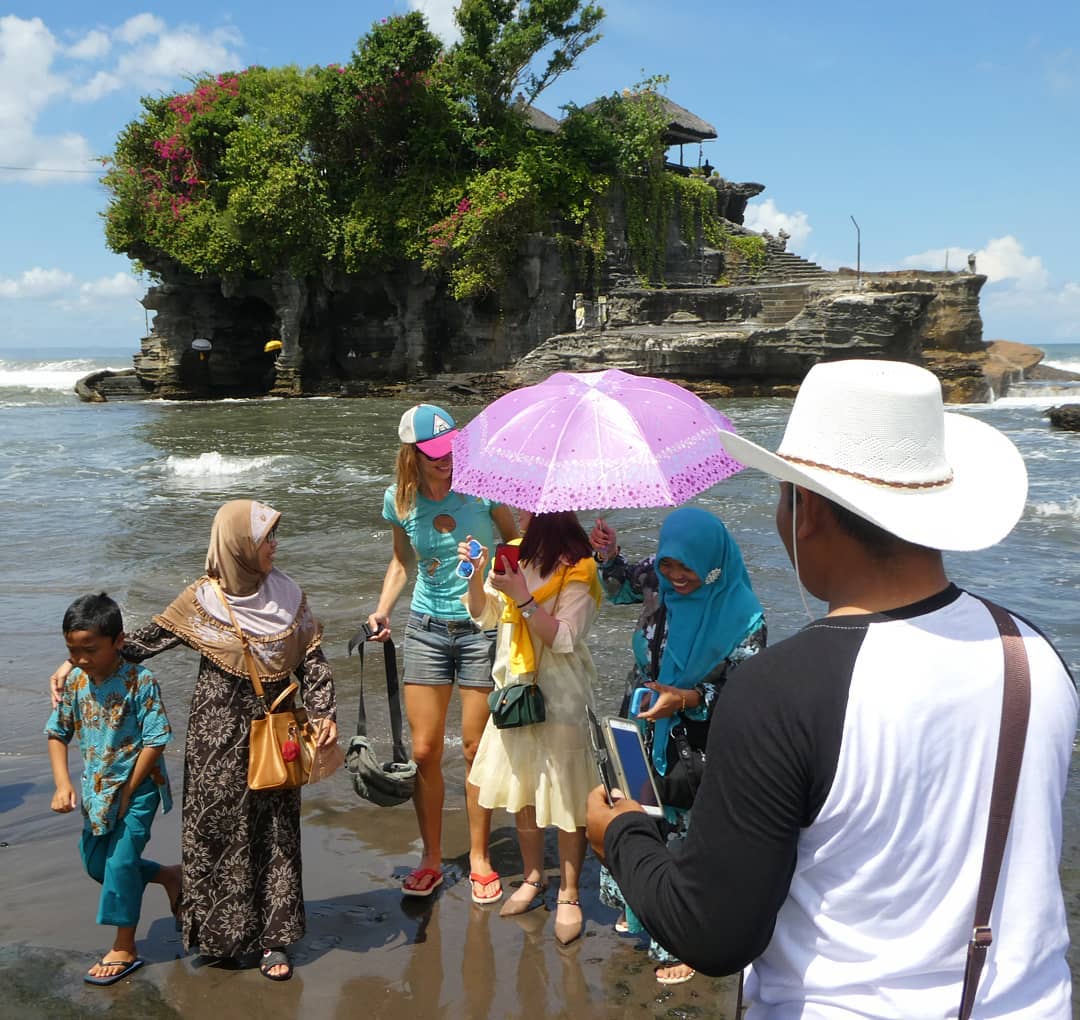

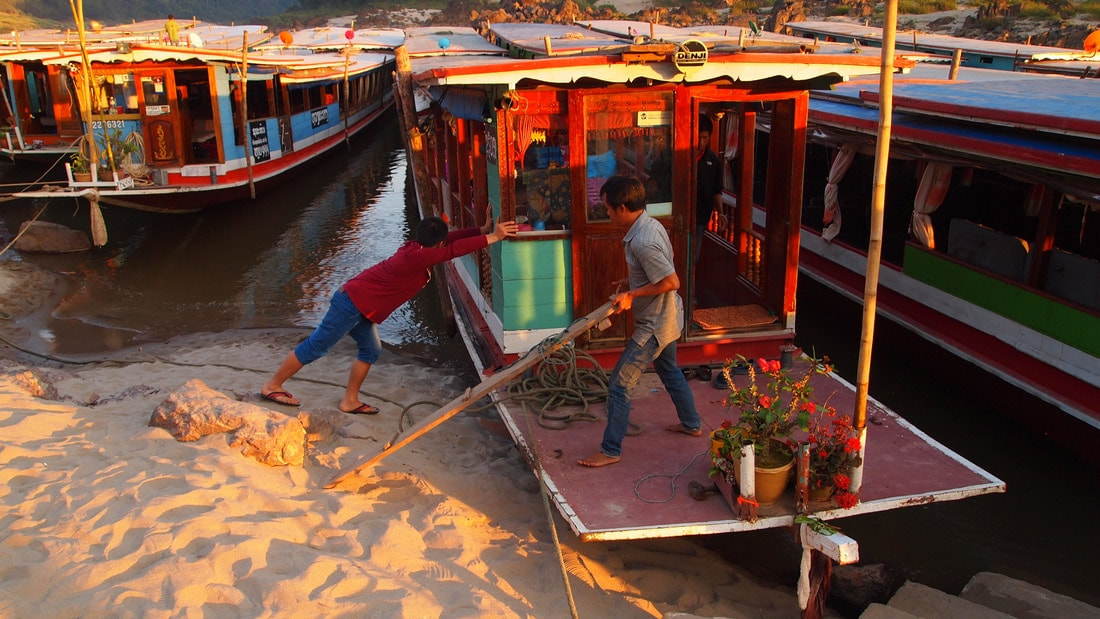

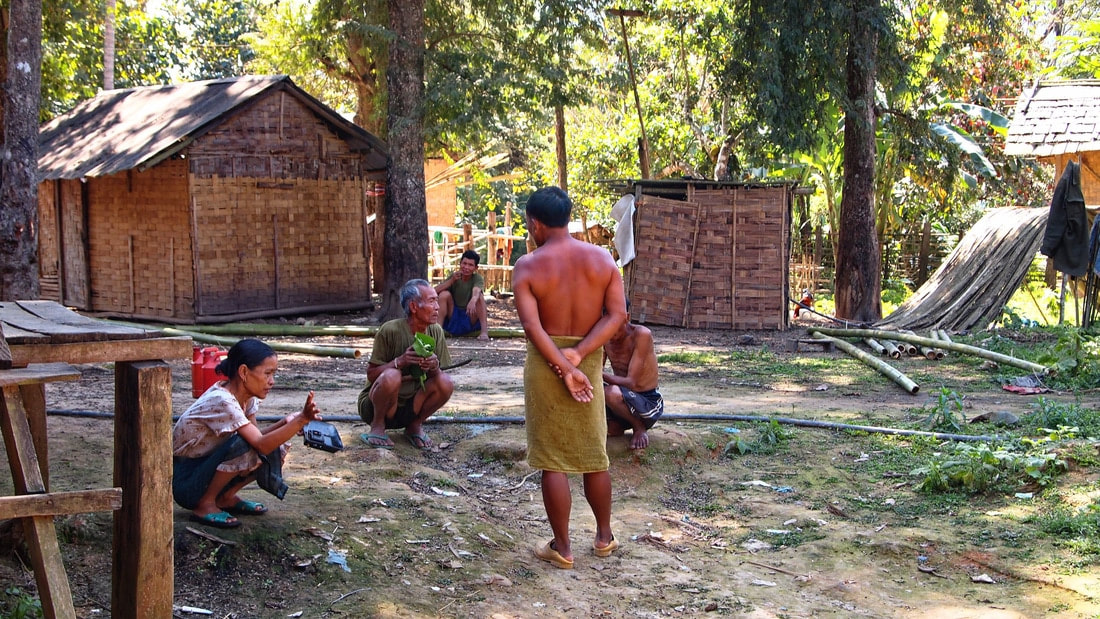


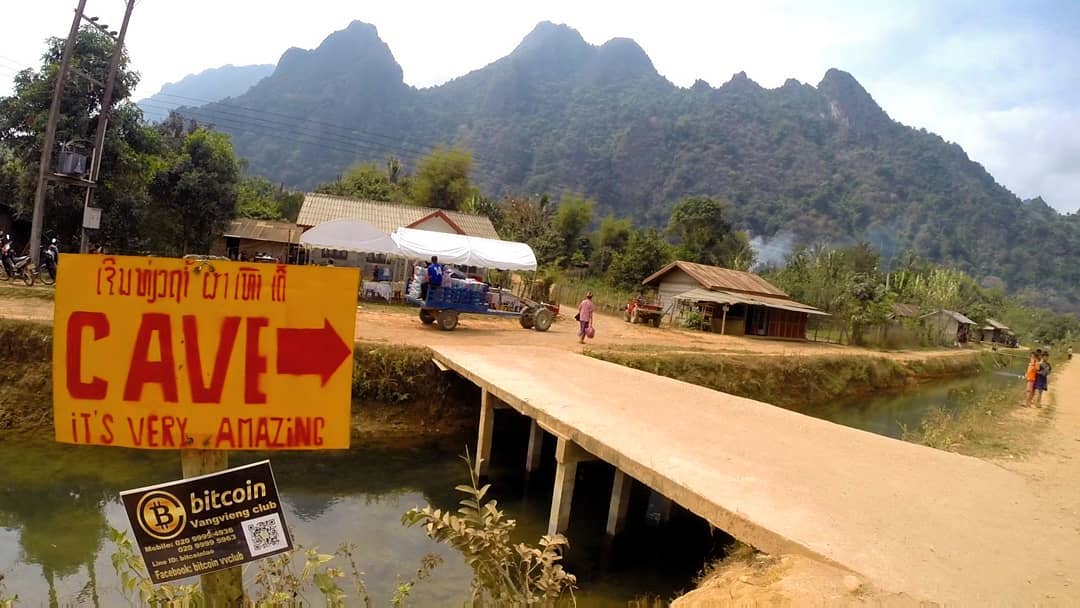
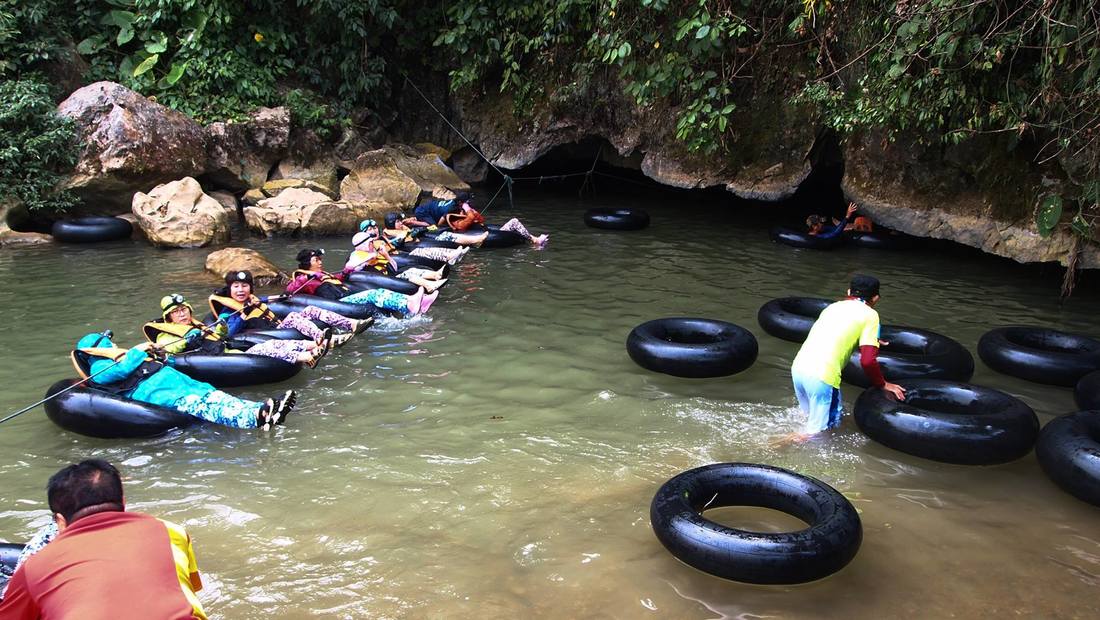

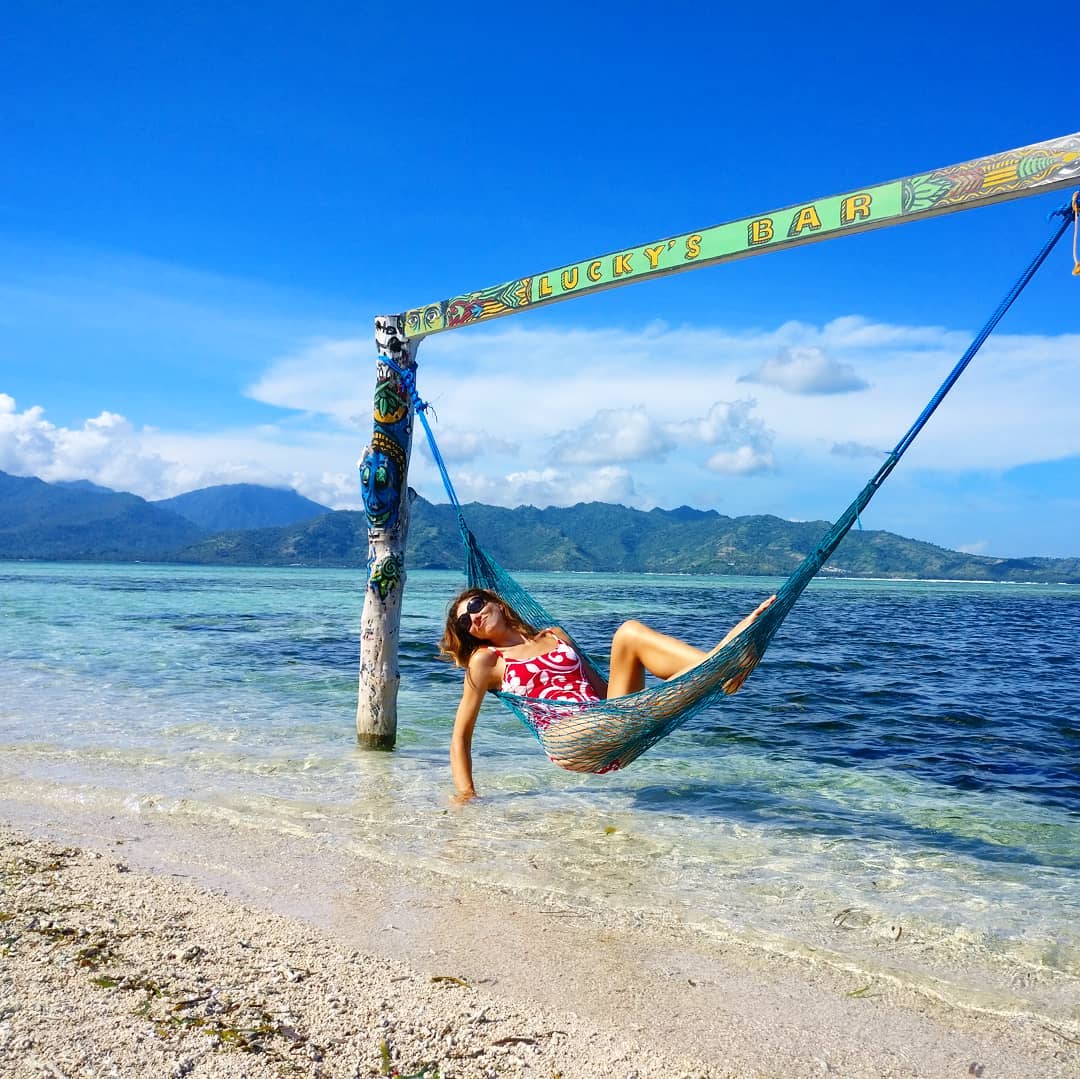

























 RSS Feed
RSS Feed